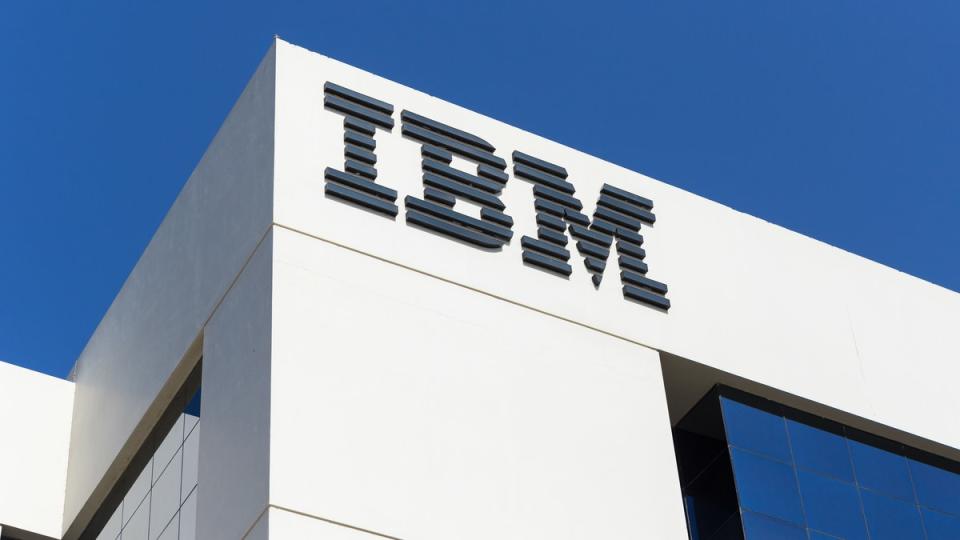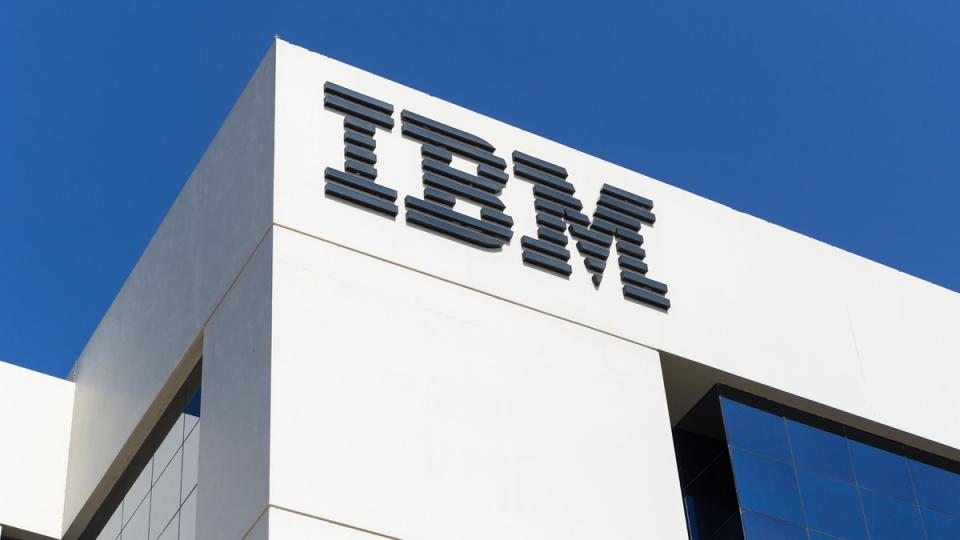
IBM CEO Arvind Krishna announced a hiring pause in May, but that’s not all. Later that month, the CEO also stated the company plans to replace nearly 8,000 jobs with AI.
Krishna noted that back-office functions, specifically in the human resources (HR) sector, will be the first to face these changes. In recent weeks, the company has opened up dozens of positions for AI-based roles to help develop and maintain these systems.
See more on startup investing from Benzinga:
The transition will happen gradually over the next few years, with machines potentially taking over up to 30% of noncustomer-facing roles in the five years. This means that workers in finance, accounting, HR and other areas will likely find themselves facing stiff competition from robots and algorithms.
The decision highlights the increasing reliance on automation and artificial intelligence across various sectors and the potential impact on the workforce.
It’s not the first time the company has made headlines for cutting jobs. Earlier this year, IBM also announced that it would be slashing 3,900 jobs, indicating a larger trend toward automation and cost-cutting measures in the tech industry.
While IBM isn’t the only tech giant to downsize recently, with layoffs also hitting Meta Platforms Inc., Amazon.com Inc., Twitter Inc., and Microsoft Corp., it’s clear that AI is rapidly transforming the workforce.
The writing has been on the wall for some time, with experts sounding the alarm about AI’s potential to replace human workers for decades. This trend has not gone unnoticed by policymakers, with the White House releasing a report in December warning that it’s “inevitable” that some workers will be displaced by AI. Similarly, venture capitalists have been pouring billions into AI as they look to capture the growth in this market. For example, accredited investors have invested millions in startups like RAD AI in their ongoing Wefunder campaign.
To stay updated with top startup news & investments, sign up for Benzinga’s Startup Investing & Equity Crowdfunding Newsletter
Krishna remains bullish about the prospects of AI in the workplace, pointing to the technology’s ability to free up thousands of hours of labor-intensive tasks in areas such as finance, accounting and HR. AI is projected to add a staggering $16 trillion to the global economy by 2030.
The prospect of mass automation looms large, as a new report by Goldman Sachs economists reveals that up to 300 million full-time jobs worldwide could be affected by the latest wave of AI technology, including the likes of ChatGPT. The report suggests that 18% of all work around the globe could potentially be replaced by machines, with the most advanced economies being hit the hardest.
See more on startup investing from Benzinga.
Don’t miss real-time alerts on your stocks – join Benzinga Pro for free! Try the tool that will help you invest smarter, faster, and better.
This article IBM Plans To Replace Nearly 8,000 Jobs With AI — These Jobs Are First to Go originally appeared on Benzinga.com
.
© 2023 Benzinga.com. Benzinga does not provide investment advice. All rights reserved.


